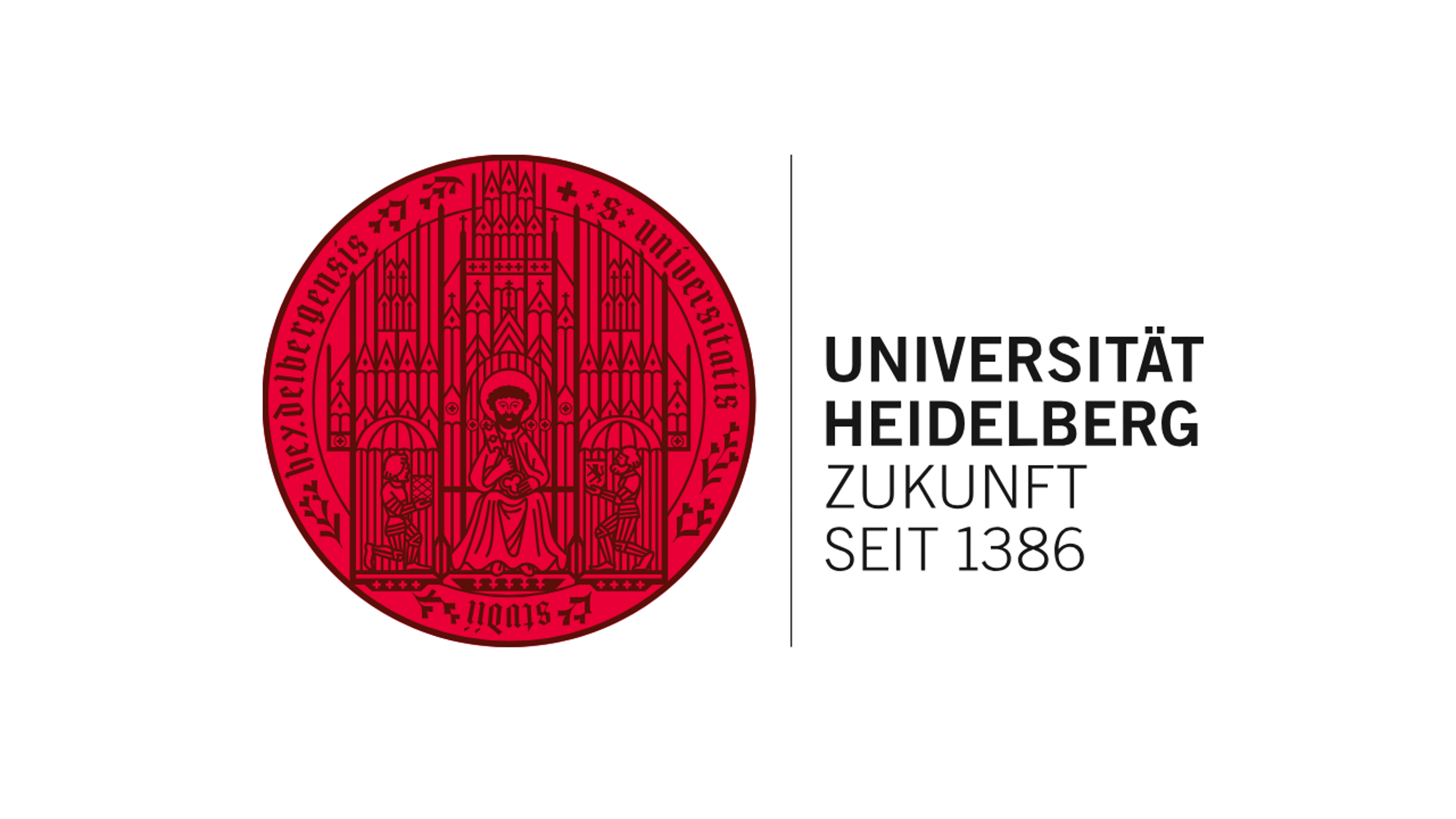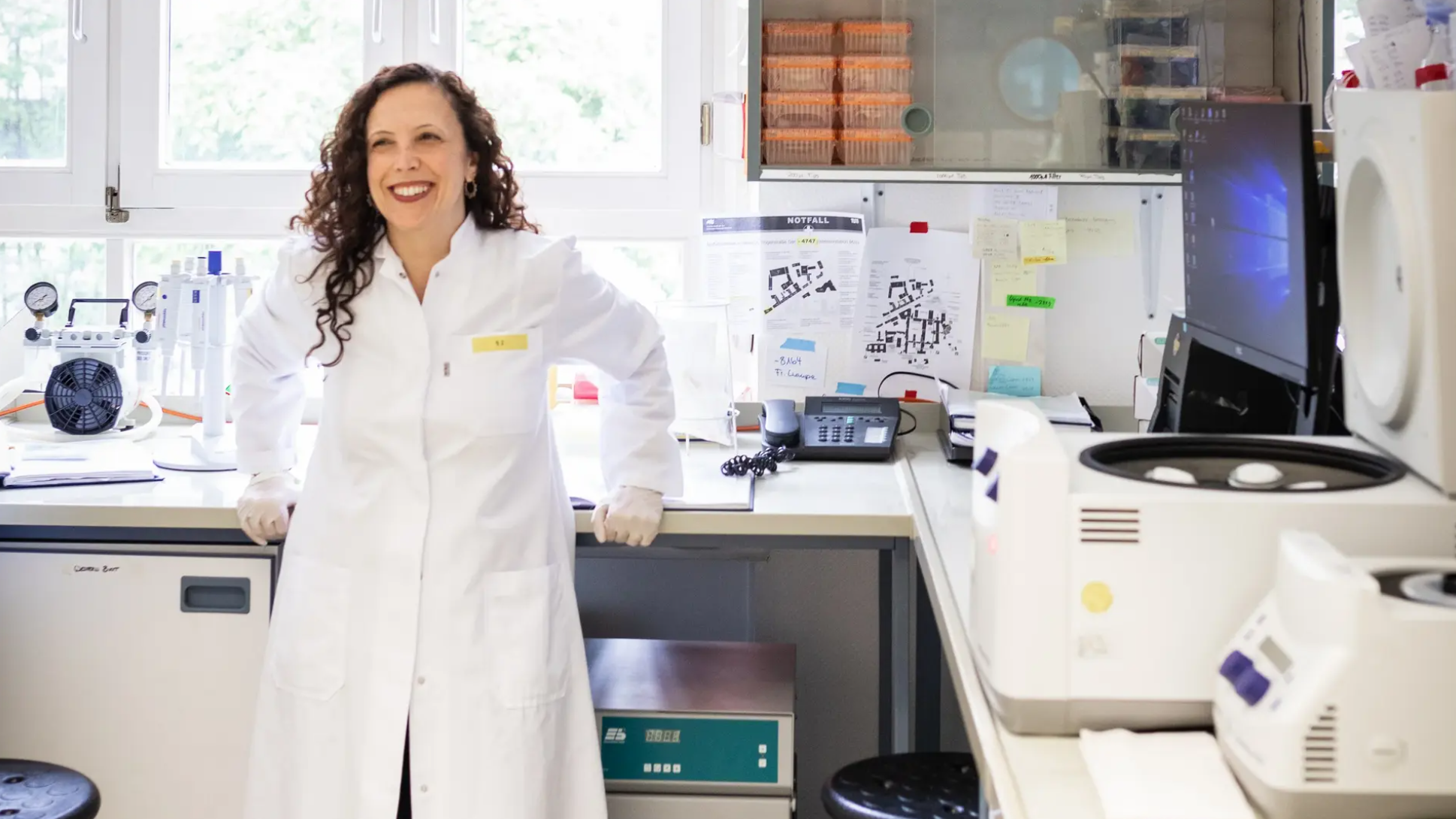New Research Unit in Basic Biomedical Research

German Research Foundation provides approx. five million euros in funding
Heidelberg University has been successful in the most recent funding round of the German Research Foundation (DFG) with its proposal for a new DFG Research Unit in basic biomedical research. As part of this collaborative project, researchers are investigating the fundamental principles that enable organisms to adapt to changes in their environment. The Research Unit, titled “DynOrg”, involves eight other university locations and is coordinated by Prof. Dr Simon Wiegert from the Medical Faculty Mannheim. The DFG is funding the project with five million euros over a period of four years.

Environmental changes, such as threats from predators or heat, demand continuous adaptation. Whether physiological or behavioral, these adaptations typically occur as the result of a complex interplay between the autonomic and central nervous systems. In a threatening situation, for example, this can result in increased cardiac output and elevated levels of alertness. These adaptive responses are mediated by a small number of transmitter molecules. They act on a wide range of G protein-coupled receptors (GPCRs), which play a key role in cellular signal transduction. GPCRs are capable of coupling extracellular signals to intracellular second messenger pathways, thereby regulating many cellular processes. These receptors are the focus of the Research Unit “Dynamic Integration of GPCR Signaling Pathways for the Control of Organ Function and Animal Behavior” (DynOrg).
“Although the effects of most transmitters and the general function of specific signaling cascades are well known, we still only have a limited understanding of how GPCR signaling controls our organs and ultimately our behavior,” explains Simon Wiegert, Head of the Neurophysiology Department at the Medical Faculty Mannheim. “Our goal is therefore to investigate the fundamental principles of GPCR signaling in various animal models to better understand the principal regulatory patterns behind adaptive processes.” As the researcher notes, this interdisciplinary approach aims to generate new insights into fundamental biological questions, including organ function and disease pathologies.
The new research network brings together experts in optogenetics, GPCR research, physiology, and pathophysiology. The consortium for the DFG-funded Research Unit was established by Prof. Wiegert in collaboration with Prof. Dr Dr Tobias Brügmann of the University Medical Center Göttingen. Simon Wiegert is a member of the Mannheim Center for Translational Neuroscience (MCTN), which offers a platform for basic researchers as well as translational and clinical neuroscientists. He is also an expert in optogenetics, a technology that uses light to precisely control the activity of nerve cells. For his research, Prof. Wiegert has already received both a Starting Grant and a Proof of Concept Grant from the European Research Council (ERC).




